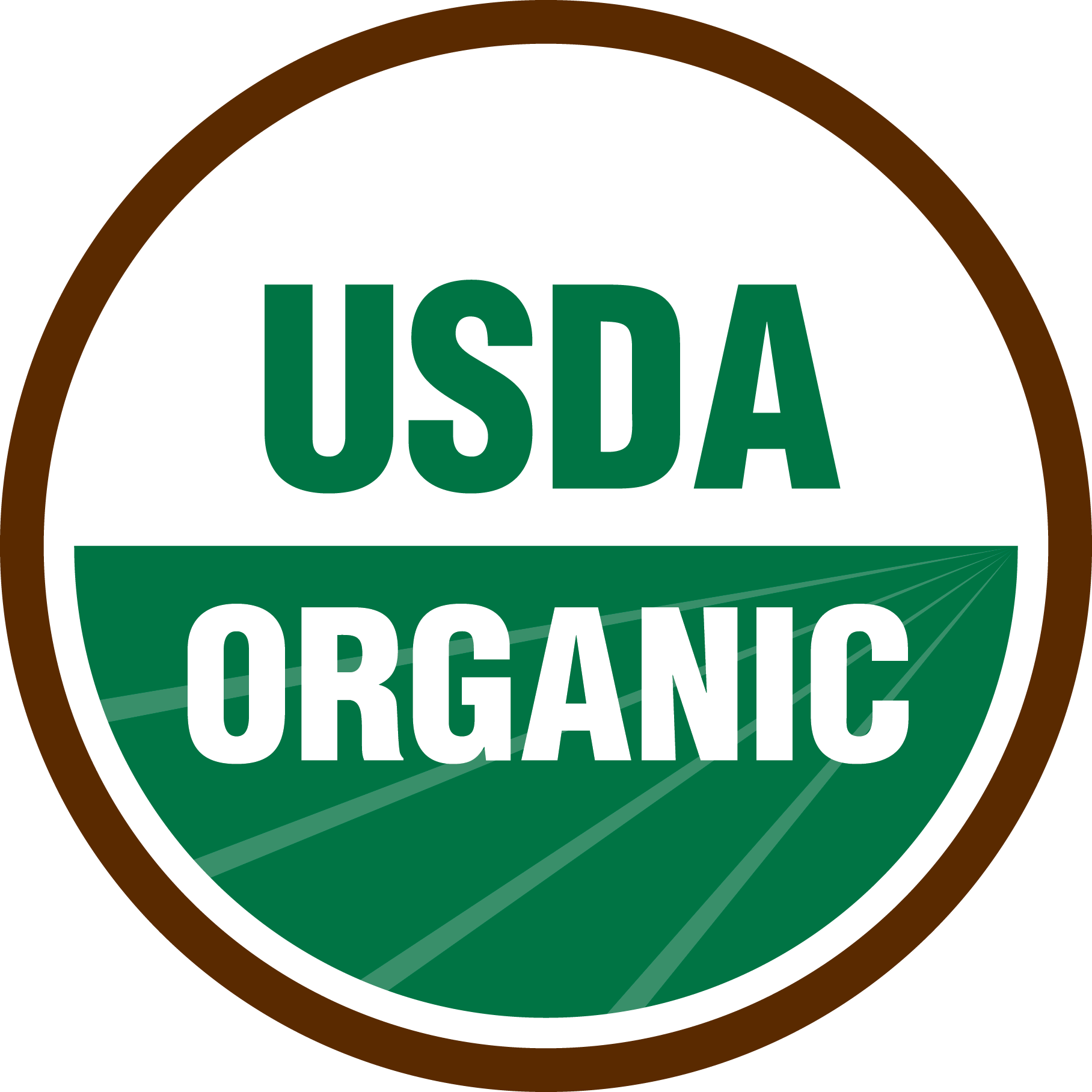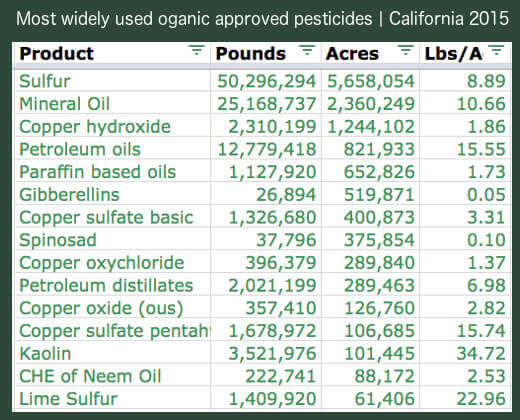Welcome back to another post in this civic issues series. Once again for this post we’re sticking with the theme of agriculture and the environment. Today specifically we’ll be talking about the concept of organic agriculture and its potential environmental implications.
Walk into the produce section of almost any grocery store in the US and you’ll notice a wide variety of “USDA Certified Organic” products. This didn’t always use to be the case however, in just the last 15 years the sales of organic products in the US have tripled, an increase of almost 40 billion dollars

First officially defined in 1990 when congress passed the Organic Foods Production Act, the USDA (United States Department of Agriculture) defined the term “Organic” as food products that have been certified by the USDA as being grown and processed according to federal guidelines addressing, among many factors, soil quality, animal raising practices, and use of pesticides. These regulations were finally finalized and implemented in October of 2002 and are the regulations in place today.
When these regulations went into place the market for organic foods was still relatively small, generating only about $8 billion across the US. Soon however, sales skyrocketed to $23 billion by 2012 and then jumped even more to $52 billion in 2018, more than doubling national sales in under 6 years.

Proponents of the organic movement have cited many reasons as to why it should be considered the “superior” method of agriculture, one of the most common being that it is in many ways better for the environment/more sustainable.
The first argument many people make in regards to the environmental benefits of organic agriculture is the absence of pesticides in organic systems. While this definitely could be a logical argument, it has the small flaw of not being true.
When the first organic products came out, they may have truly been free of all pesticides, but today, the USDA maintains an entire list of pesticides which can be applied legally to certified organic crops. This list, known as the National List of Allowed and Prohibited Substances, includes a wide variety of both synthetic and non-synthetic pesticides, fertilizers, and other inputs which are used in organic production.

Additionally, there is a common misconception that non-organic crops are entirely unregulated and that any chemical inputs can be used in any amount. This is also false, as certain inputs (like DDT) are not allowed for even conventional agriculture. Additionally, analysis of both organic and conventional produce has found trace levels of pesticides in both types, but they were almost all within the accepted safety limits
This being said, there may still be a small benefit it the some of the types of pesticides being used for organic production if they are less harmful that a conventional counterpart. This is not ubiquitous however, and the overall claim that organic is better because it doesn’t use pesticides is purely false.
Another argument being made about organic systems benefits has to do with the soil and how organic fertilizers (particularly the nitrogen components) are less likely to leach from fields and cause eutrophication issues in waterways. This argument is a little more valid, because organic fertilizers typically rely on ammonium (NH4 +) as their nitrogen component, while synthetic fertilizers typically use nitrate (NO3 -). Because soil colloids typically have a negative charge, they are better able to hold on to the positively charged ammonium, making it less likely to leach out of the soil during rainfall. However, when NH4+ is used, it tends to be converted into NO3- by soil bacteria (a process called nitrification). This means that over time, even the organic fertilizer poses a risk to leaching into waterways.

A final argument that is often made is that the reduced uses of herbicides (in particular Roundup) in organic systems makes them better for the environment. While the general statement that organic systems uses less herbicides (partly because they are banned and partly because herbicide resistant crops are banned too), the statement of if they’re better for the environment because of it is not as simple. While it isn’t too controversial to say that mass spraying of herbicides has the potential for negative consequences if they contact animals or wash off of the field, it is important to note that proper application usually minimizes these risks. Additionally, weeds will still be an issue regardless of if you use herbicides, so the alternative method of control in an organic system is usually through more frequent tillage, which can compact the soil, release CO2 into the atmosphere, and increase the amount of sediment runoff during rain events. Therefore, its not clear if switching from chemical herbicides to mechanical methods of weed control is actually much (if any) better for the environment.
So in conclusion, organic agriculture does certainly promise some benefits compared to conventional, but it also brings on its own set of issues, making it difficult to justify a statement as broad as “organic agriculture is better for the environment” because so much of the environmental impact of either system is dependent on local conditions, environments, and how exactly each strategy is implemented. What do you guys think? Are the benefits of organic as plentiful as people claim they are? Are there aspects I overlooked? Or is it like almost every other environmental issue where there really is no clear-cut answer?
I think your arguments are very well made, and backed up with good evidence. I wasn’t aware that “organic” labeled products were allowed to have all those pesticides within them. I still feel that organic products contain less than non-organic products do, though I’m unclear if it is much more beneficial for the environment. Maybe this is one of those environmental issues where there is no clear answer, because they’re cut too close to truly distinguish and compare the two.
First off, your post intrigued me because my mom will only buy organic so learning about what it really means to be “organic” seems beneficial. That way, I know what I’m talking about. After reading your post, I think that organic farming is not worth the hype, especially now when certain pesticides can be used in organic farming (a major reason some people buy organic foods). Overall, from reading your post I think that organic farming can have some benefits (such as organic fertilizers); however, I think if more people were educated on organic farming the economic gain of this method of farming would not be as high. I really enjoyed reading your blog and learned a lot!